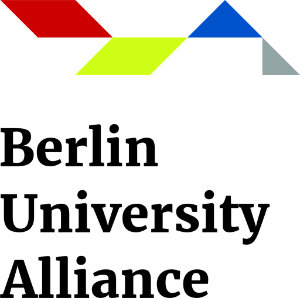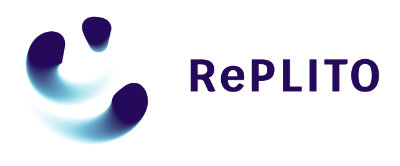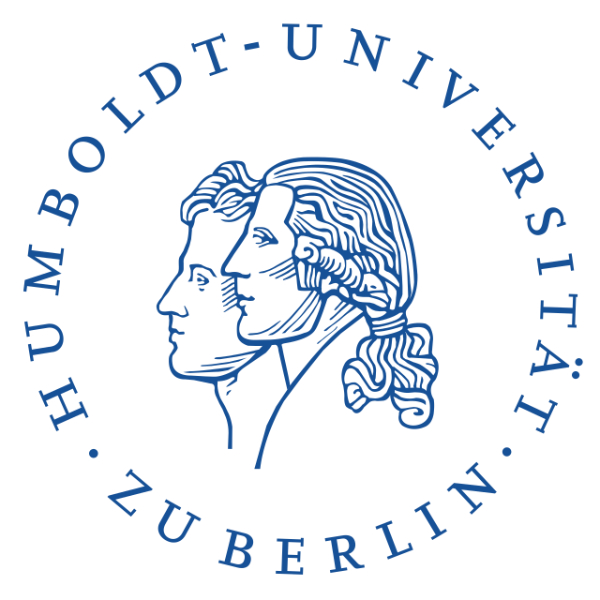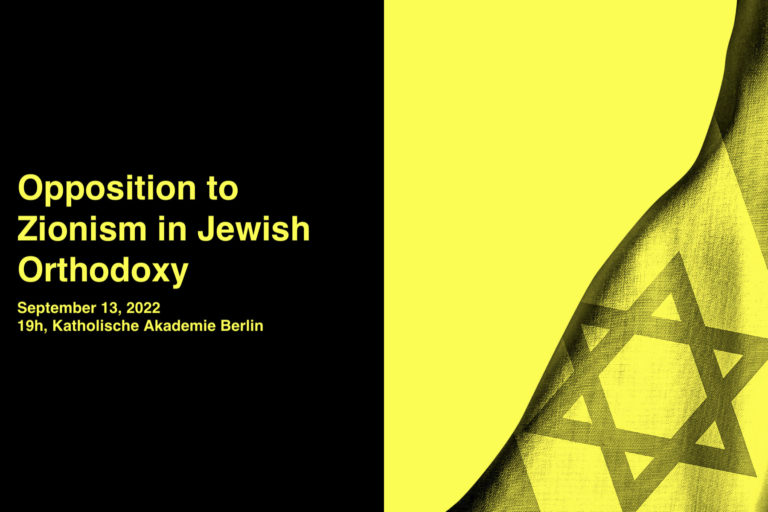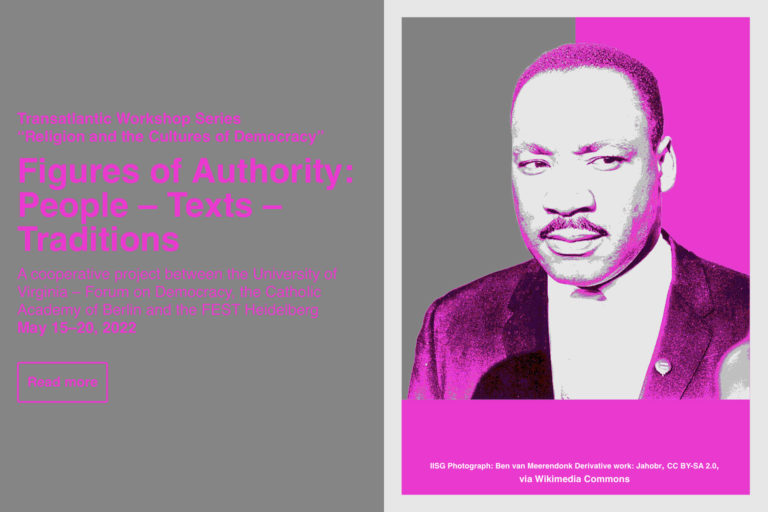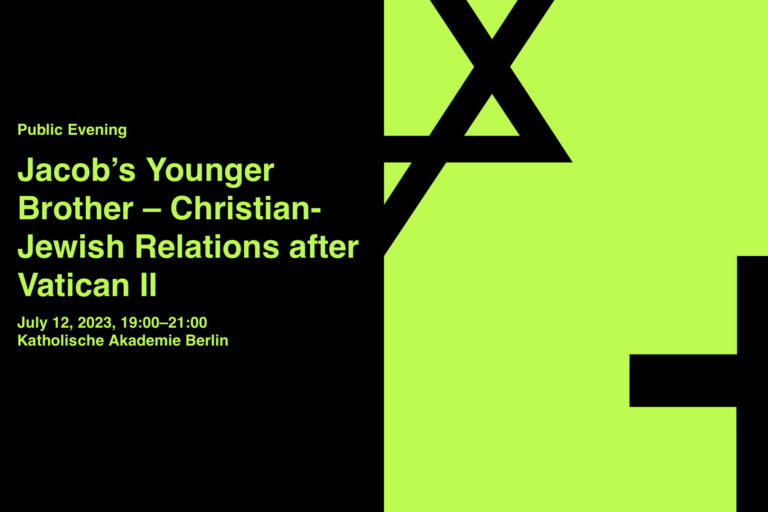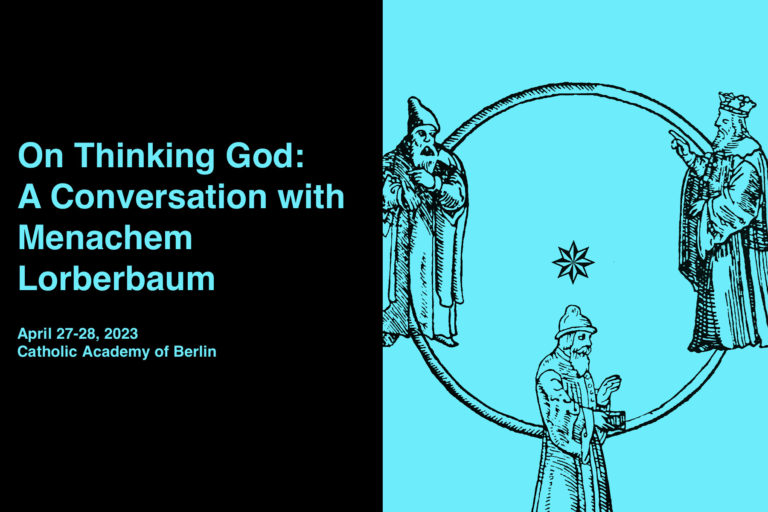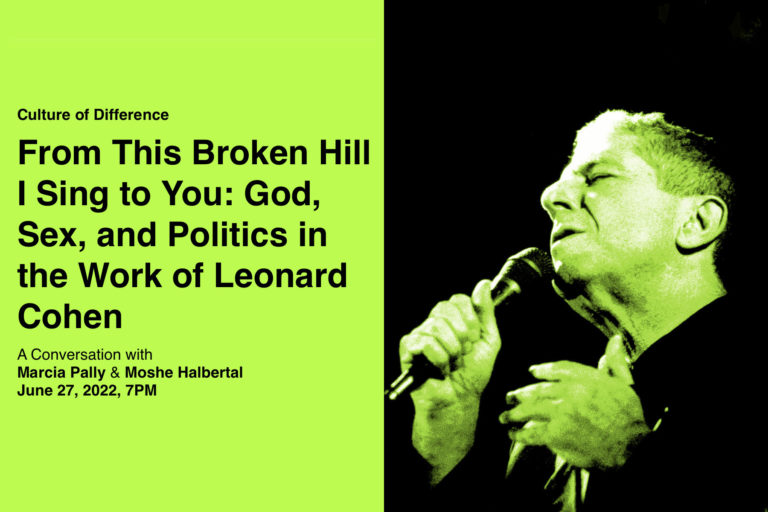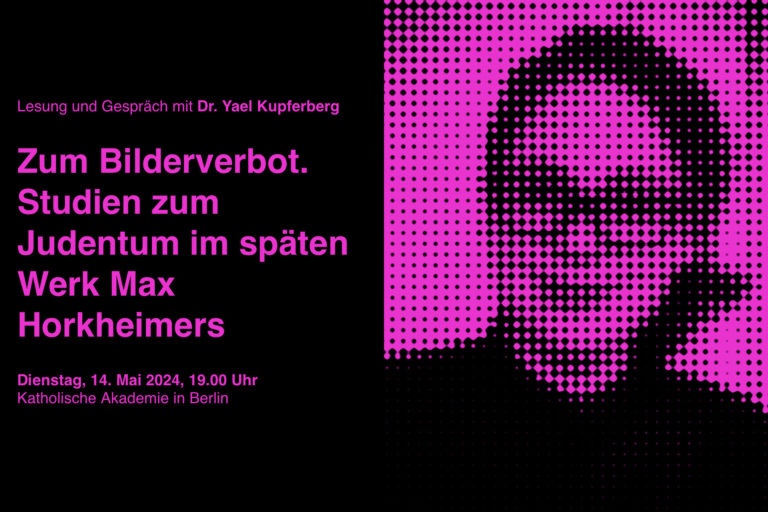Conference
Diasporic Knowledge
December 6, 2021
Katholische Akademie Berlin & Humboldt University Berlin & RePLITO
Diasporic Knowledge – Conference
Last decades have seen the rise of “diaspora” as a central category or Denkfigur for critical thinking of contemporary politics, culture and society, which calls into question dominant nation-state models. This conference seeks to examine more specifically the epistemic foundations of diapora, by exploring conceptually and historically the meaning(s) of diasporic knowledge, whereby “knowledge” includes not only theoretical but also practical and existential forms of knowing.
The idea of diasporic – or exilic – knowledge refers to (1) knowledge produced in conditions of socio-political dispersion; (2) knowledge that concerns issues, phenomena and practice that arise from the diasporic condition; (3) knowledge whose own epistemic structure (language, text, narratives, imagery, reasoning, categories, institutions, subject positions, intersubjective dynamics etc.) may be designated as dispersed, de-centralized, diasporic or exilic. All these aspects entail both epistemic and political dimensions, intertwined.
The conference will explore various questions, conceptual challenges and historical examples, concerning diasporic knowledge and epistemologies. We wish to think, for instance, of diaspora and/or exile as existential conditions of critical thought, which takes a distance from its own – social, cultural, political – location, in order to question it. Beyond individual parameters, what kind of collective features enable diasporization or de-territorialization of knowledge and thought? What kinds of space, of territory, allow and support the existence of diasporic cultures, what kind of language, of collective performances, of narratives, of laws? What is the relation between diaspora, exile and cosmopolitism? What configurations of universality and particularity they produce or render possible? How were and are these questions negotiated in historical and contemporary cultures of the diasporic knowledge, for instance rabbinic ones?
Participants
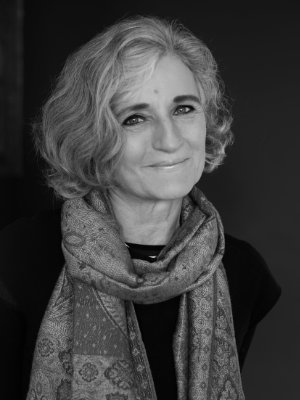
Almút Sh. Bruckstein Çoruh is a theory artist, writer, thinker, founding artistic director of Taswir projects, curator of international exhibitions and artistic research. Various professorships in philosophy, Jewish studies, visual theory, Taswir studies in Jerusalem, Berlin, Lucerne, Frankfurt a. M., Hamburg, a.o. Rudolf-Arnheim Professor at the Humboldt University Berlin, Martin-Buber Professor at Wolfgang v. Goethe University Frankfurt a. M. Tarabya Fellow, Istanbul, 2018-2019. Architect of the Taswir atlas.
Most recent books and exhibitions: Lady Dada Kalam (2017), Fragments From our Beautiful Future (2017), The Red Gaze (2016), House of Taswir. Doing and Undoing Things, Munich: W. Fink, 2014, Freud.Talmud.Taswir, 2019, Wednesday Society. The Couch of Meret O., Art Unlimited, Istanbul 2021, and many more.
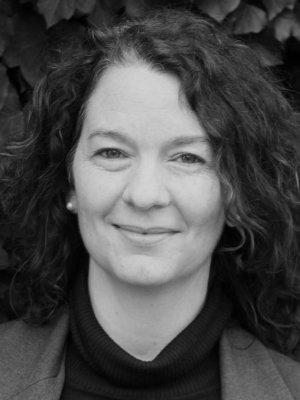
Liliana Ruth Feierstein (Buenos Aires) studied in Buenos Aires, México and Vancouver. PhD in philosophy (Heinrich Heine Universität Düsseldorf) . She was postdoctoral researcher by the European Research Council and Fellow at the Seminario Rabínico Latinoamericano.Since 2014 Professor for Transcultural Jewish History at the Humboldt University Berlin and Selma Stern Zentrum für Jüdische Studien
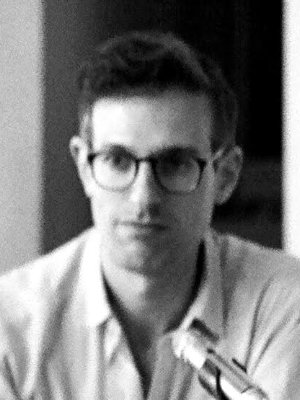
Sami Khatib is substitute professor at the Karlsruhe University of Arts and Design (HfG) and a founding member of the Beirut Institute for Critical Analysis and Research (BICAR).
His publications include a co-editorship of the volume Critique: The Stakes of Form (Zürich, Berlin: Diaphanes, 2020) and authorship of the book “Teleologie ohne Endzweck: Walter Benjamins Ent-stellung des Messianischen” [“Teleology without End.” Walter Benjamin’s Dislocation of the Messianic], (Marburg: Tectum, 2013). His ongoing research project on the “Aesthetics of Real Abstraction” examines the aesthetic scope and political relevance of Marx’s discovery of the commodity form.
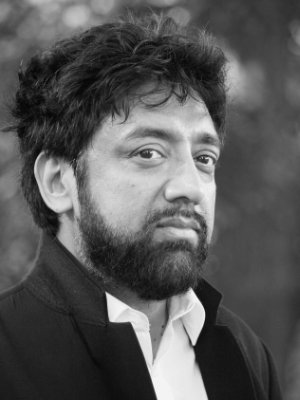
Salman Sayyid is a Professor of Social Theory and Decolonial Thought and the Head of the School of Sociology and Social Policy at the University of Leeds. Sayyid’s recent research has been around organizing the Critical Muslim Studies project. This is a multi-dimensional collaborative effort to conceptualize Islamicate societies, histories and cultures outside Eurocentric framings.
Sayyid’s major publications in Critical Muslim Studies include A Fundamental Fear (a book, despite being banned by the Malaysian government, is now in its third edition); Recalling the Caliphate and Thinking through Islamophobia (co-edited with Abdoolkarim Vakil). Sayyid’s writings have been translated into ten languages. He is the founding editor of the interdisciplinary peer-reviewed journal ReOrient and the producer of the Network ReOrient podcast (now in its fifth season).
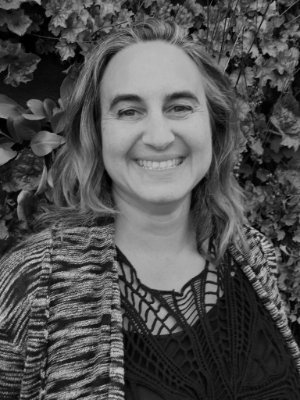
Wendy M. K. Shaw (Ph.D. UCLA, 1999) has served as a professor in the United States, Turkey, Switzerland, and Germany. She researches postcolonial art historiography and decolonial art history of the Islamic world and the modern Middle East.
She is author of Possessors and Possessed: Museums, Archaeology, and the Visualization of History in the Late Ottoman Empire (University of California Press, 2003) translated as Osmanlı Müzeleri (İletişim Yayınları, 2006), Ottoman Painting: Reflections of Western Art from the Ottoman Empire to the Turkish Republic (IB Tauris, 2011), translated as Osmanli Resmi (2021), What is “Islamic” Art: Between Religion and Perception (Cambridge University Press, 2019, Honorable Mention for the 2020 Albert Hourani Book Award of the Middle East Studies Association and the 2021 Iran Book Award), and Loving Writing (Routledge, 2021).
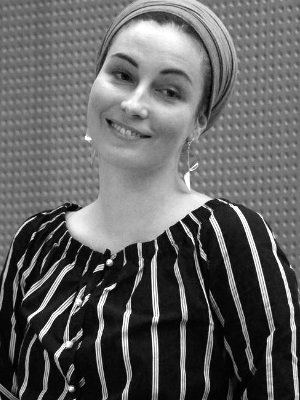
Hannah Tzuberi studied Jewish Studies and Islamic Studies at Freie Universität Berlin and was a research assistant at the Institute for Jewish Studies (FU Berlin). Currently she is a post-doctoral researcher in a collaborative research project “Beyond Social Cohesion. Global Repertoires of Living Together (RePLITO) at FU Berlin, directed by Prof. Schirin Amit-Moazami.
She is the co-editor of “Jewish Friends: Contemporary Figures of the Jew” (Jewish Studies Quarterly 27:2–3, 2020) and is working on a book-project titled “Reviving Judaism, Reviving the Nation: Post-Holocaust Imaginaries of the (German) Nation-State.” Her research interests include Talmud, halakha, and contemporary European Jewry. Her work draws on the critical study of secularism and current discussions related to the co-constitutive relations between Europe, the European subject, and Europe’s racial-religious others.
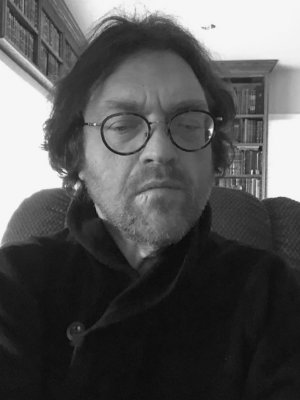
Elliot R. Wolfson, a Fellow of the American Academy of Jewish Research and the American Academy of Arts and Sciences, is the Marsha and Jay Glazer Endowed Chair in Jewish Studies and Distinguished Professor of Religion at University of California, Santa Barbara.
He is the author of many publications including Through a Speculum That Shines: Vision and Imagination in Medieval Jewish Mysticism (1994); Language, Eros, Being: Kabbalistic Hermeneutics and the Poetic Imagination (2005); Alef, Mem, Tau: Kabbalistic Musings on Time, Truth, and Death (2006); Venturing Beyond—Law and Morality in Kabbalistic Mysticism (2006); Open Secret: Postmessianic Messianism and the Mystical Revision of Menahem Mendel Schneerson (2009); A Dream Interpreted within a Dream: Oneiropoiesis and the Prism of Imagination (2011); Giving beyond the Gift: Apophasis and Overcoming Theomania (2014); Elliot R. Wolfson: Poetic Thinking (2015); The Duplicity of Philosophy’s Shadow: Heidegger, Nazism and the Jewish Other (2018); Heidegger and Kabbalah: Hidden Gnosis and the Path of Poiēsis (2019); Suffering Time: Philosophical, Kabbalistic, and Ḥasidic Reflections on Temporality (2021). He is currently working on the monograph Tragedy of Being and Ontological Untruth: The Philosophical Pathos of Susan Taubes’s Mytheology .
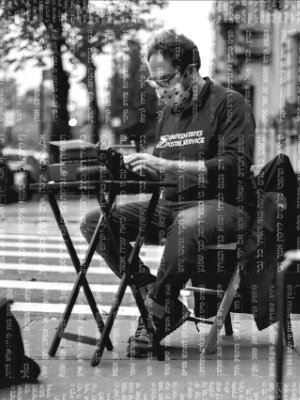
Brandon Woolf is a theater artist and clinical associate professor at New York University, where he directs the Program in Dramatic Literature. Institutional Theatrics, his book on contemporary performance in Berlin, was recently published by Northwestern University Press. www.brandonwoolfperformance.com
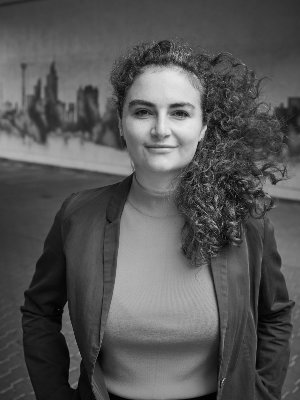
Veronika Zablotsky is currently a visiting professor of Gender Studies in the Department of Politics at Justus-Liebig University Giessen while on leave as a postdoc in the Department of Philosophy at Freie Universität Berlin where she is part of the Berlin University Alliance project Transforming Solidarities. Previously, she served as a Sawyer Seminar Postdoctoral Fellow in the Andrew W. Mellon Sawyer Seminar Sanctuary Spaces: Reworlding Humanism at the University of California, Los Angeles. She completed her Ph.D. in Feminist Studies at the University of California, Santa Cruz with a Designated Emphasis in Politics, Critical Race & Ethnic Studies, and History of Consciousness.
Her interdisciplinary scholarship explores postcolonial and feminist perspectives in political theory, critical migration studies, and transnational diaspora studies. As a founding member of the Critical Armenian Studies Collective at the University of Pennsylvania she is co-organizing the international conference Infidelities: New Directions in Armenian Studies which will be held in Philadelphia in September 2022. She is also an affiliated member of the Center for Humanities and Social Change at Humboldt-University Berlin and until 2024 serves on the advisory board of the German Academic International Network (GAIN).
Program
Monday, December 6
| At the Katholische Akademie Berlin: | |
|---|---|
| 09:30 | Greetings, Opening Remarks |
| 10:00-11:00 | Salman Sayyid (University of Leeds): Dreams of Diasporas and Nations Respondent: Sami Khatib (Karlsruhe University of Arts and Design) |
| 11:00-11:30 | Coffee Break |
| 11:30-13:00 | Hannah Tzuberi (Freie Universität Berlin): When Everything is Diaspora, Nothing is Diaspora Veronika Zablotsky (Justus-Liebig-Universität Giessen): Armenian Diaspora Studies: A Postcolonial Cartography |
| 13:00-14:30 | Lunch |
| 14:30-16:00 | Almut Bruckstein (House of Taswir Berlin): “The Talmudic Way of Thinking cannot have all of a sudden vanished from us”: How to Build a House from Nothing Wendy Shaw: Making Home: The Decolonial Liberation of Ghurba Respondent: Liliana Feierstein (Humboldt University Berlin) |
| 16:00-16:30 | Coffee Break |
| 16:30-17:30 | Brandon Woolf (NYU): T.MUDD. A performance-lecture on messianic themes |
| Online Event | |
|---|---|
| 19:00 Join the Zoom Meeting | Elliot Wolfson (University of Santa Barbara): Unterwegs–The Unhomeliness of the Mystery of Being at Home: A Kabbalistic Meditation on Diasporic Wisdom Moderation: Karma Ben Johanan (Humboldt University Berlin) |



